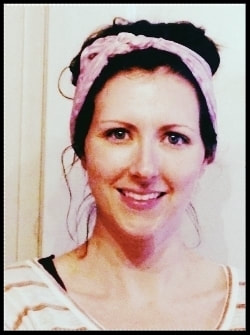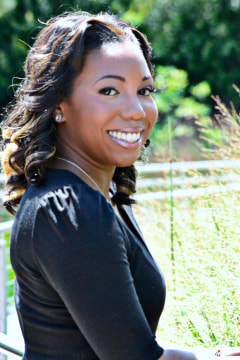|
After I spent a couple months doing my research and finding inspiration, I hit a roadblock. Reading so many different works by authors with different styles and voices, I completely lost my own. NOTE: This is where it is important to have a critique group or mentor who is familiar with your work and can give you honest professional feedback. You might call it writer’s block, but I didn’t stop writing. I just stopped writing like myself. I could tell something was wrong because I was writing about topics that are very important to me but I was no longer enjoying writing. In fact, I was getting more and more frustrated with the process. I wrote 3 essays over the course of two months and I will be honest, they made me fall out of love with writing. Usually, the more I enjoy the writing process, the better I know my work is going to be. I was no longer enjoying writing. This memoir began to look like a daunting task. I didn’t know if I would be able to get it done. After talking to my fellow writers, however, I realized that I wasn’t the only one with this issue. Lauren May, whose beautiful writing you can find at https://www.laurenmay.org/, explained her challenge of finding her voice with humor writing and how she dealt with it: “As much as I loved reading [David] Sedaris, when I tried to write in his voice it felt contrived. What I learned from this, and with many of the readings, is that I have to find/keep/develop my own unique perspective not only for humor but for authenticity. Seeing life through others' lenses is enlightening, but I can't lose sight of my own path/vision/perspective. I think I can use Sedaris as a stepping stone to developing my own skills of examining mundane life situations in new ways. I will never attain his voice and I don't need to. But I can practice mining humor in my own way.” Lauren Small, whose authentic voice and exemplary work you can find at www.laurenlsmall.com, explained her challenges and offered some great advice: “I definitely have not overcome this issue, especially after reading Gabrielle Union's latest book. I was intrigued by her ability to be transparent with her readers. I struggle describing full details to tell a well-rounded story, not to mention lapse in time makes my memory slightly fuzzy. However, I try not to read before I write. I ensure there are breaks in between to ensure my thoughts are clear. Secondly, I start by journaling first, it reminds me who I am and that only I can tell my story.” The issues that Lauren May and Lauren Small dealt with are similar to the ones I faced. Talking to them about it helped me realize that finding your voice is just part of the writing process and not something to be discouraged by. In my next blog, which is a video, I discuss the strategies I used to overcome this common issue and what has helped me find my voice again.
As always, I hope you all found something useful in this blog. Stay tuned for next Wednesday as I go more in depth with the same topic in Finding Your Voice Part 2. Thank you again for all the responses and love on social media, especially the Facebook groups! Please comment below and tell me if you have come across this issue as well. Don’t forget to share this blog. You never know who else will find it useful! Happy Writing! :) Find me on social media! Links at the bottom of the page.
0 Comments
Leave a Reply. |
AuthorThese blogs explore my writing process and highlight my favorite writers and books. Archives
June 2022
Categories
All
|





 RSS Feed
RSS Feed
















